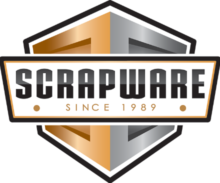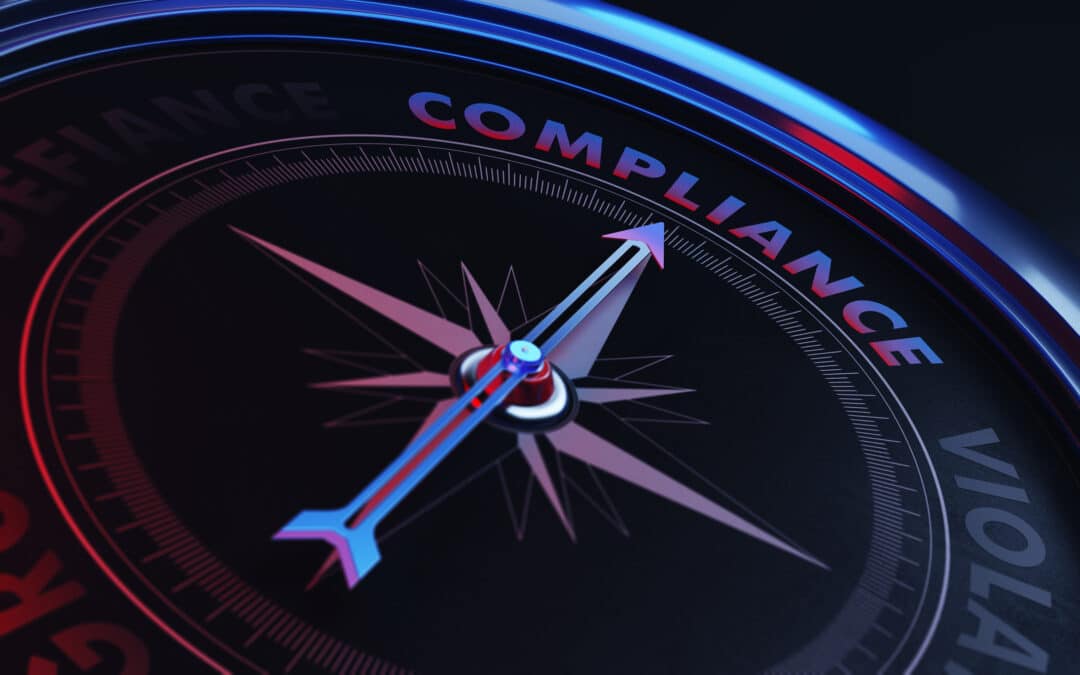Regulatory compliance is essential for any business operating in today’s economy. The ability to comply with various federal, state, and local laws–and document that compliance– is needed for business continuity. The scrap metal recycling industry has its own industry-specific regulations related to the buying and selling of recyclable materials.
Industry-specific software designed uniquely for scrap metal recyclers can enable and simplify regulatory compliance and give these companies a competitive advantage.
Benefits of Thorough Regulatory Compliance
Comprehensive regulatory compliance can be beneficial financially and in business operations. Staying in compliance avoids fines and penalties. It can help companies address vulnerable areas by tightening up processes and procedures. Having well-documented compliance records saves time with government agencies during routine audits or investigations.
In addition to these general benefits, adherence to regulatory compliance can also:
- Improve operational efficiencies. Staying in compliance helps ensure all operations are conducted efficiently and in accordance with regulations. These efforts will usually streamline procedures and processes and get all employees on board with consistent practices.
- Reduce risk and liability. Keeping up to date with changing laws will reduce potential penalties and fines. The ability to document compliance can also protect senior management and owners from legal liability.
- Enhance brand value. Demonstrating a commitment to safe and ethical practices will increase community and customer trust in a business. This improved public image translates into better brand value.
- Create greater resiliency. A company that already has compliance systems in place will be more resilient to future changes in laws and regulations.
Risks of Inadequate or Non-compliance
Just as there are tangible benefits to thorough and well-documented regulatory compliance, there are risks to inadequate compliance.
- Forced closure. First and foremost, non-compliance can lead to a loss of license or ability to operate a business. A shutdown may be temporary until compliance is achieved but may have lasting implications for profitability.
- Financial penalties. Non-compliance can result in significant fines and penalties.
- Legal liability. If any person or entity claims they were harmed by the non-compliance, there can be legal liability for owners and senior management.
Scrap Metal Recycling Regulatory and Anti-theft Compliance
As the popularity of recycling programs has increased, so has the regulatory burden on recycling businesses. Environmental, safety and labor regulations are like those for other manufacturing industries. However, much of the regulation in the scrap metal recycling business has to do with cracking down on material theft. The material theft problem is unique to the scrap metal recycling industry and is therefore best addressed by software designed specifically for scrap metal recyclers.
Here are some of the features good recycling software packages should have to help recycling businesses comply with state and local laws.
Drivers’ license scanning – License scanners allow recycling businesses to scan vendors’ drivers’ licenses and immediately and permanently associate those with a purchase ticket. These can be kept on file and accessed if there are law enforcement inquiries.
Signature and thumbprint capture pads – These can be used to link a thumbprint or a signature to a purchase ticket. The data can be reproduced for any ticket requested by the police.
Network digital camera interface – Cameras can be linked with a scale interface to take photographs of incoming material. These photos can be printed, saved, emailed, or uploaded to compliance websites, like Leads Online.
Tag and Hold – As theft of valuable material has become more common, some state and localities have passed “tag and hold laws.” Software recycling systems should include a mechanism to print tickets that comply with these laws and avoid a shut down.
Payment method – The use of Automated Teller Machines (ATMs) and other cash dispensers allow recyclers to choose payment methods that are most appropriate for complying with state and local laws. A good recycling software package will integrate with ATMs and cash dispensers. This reduces the likelihood of cash theft.
Anti-theft reporting – Most recycling software generates a variety of reports to help comply with state and local anti-theft laws. These reports can be uploaded to law enforcement or kept on file to retrieve whenever they are requested by the police.
Date files – Leads Online, BWI, Texas DPS. These are just some of the places where recyclers upload data files to comply with local laws targeted at anti-theft measures. A good recycling software system will allow recyclers to upload files to these organizations and others from different states or different formats.
ScrapWare Corporation provides software specifically designed for scrap metal recyclers. Its product includes a robust collection of features scrap metal recyclers use to comply with a variety of ever-changing state and local laws and regulations. ScrapWare has continued to refine its product over the past 35 years it has been in business to help its customers use technology to remain in full compliance with the evolving regulatory landscape. ScrapWare customers rely on ScrapWare software to keep them in full regulatory compliance so they can focus on other elements of their recycling business.
About ScrapWare Corporation: Since 1989, Rockville, Maryland-based ScrapWare Corporation has been the software of choice for the recycling industry. Its ease of installation and simplicity saves users time and money while helping them achieve compliance and maintain accurate business insights. With state-of-the-art functionality that‘s tailored to each organization’s unique requirements, ScrapWare is an advanced dynamic software solution that alleviates the most pressing recycling industry worries. For more information, please call (301) 517-8500 or visit https://www.scrapware.com/.

